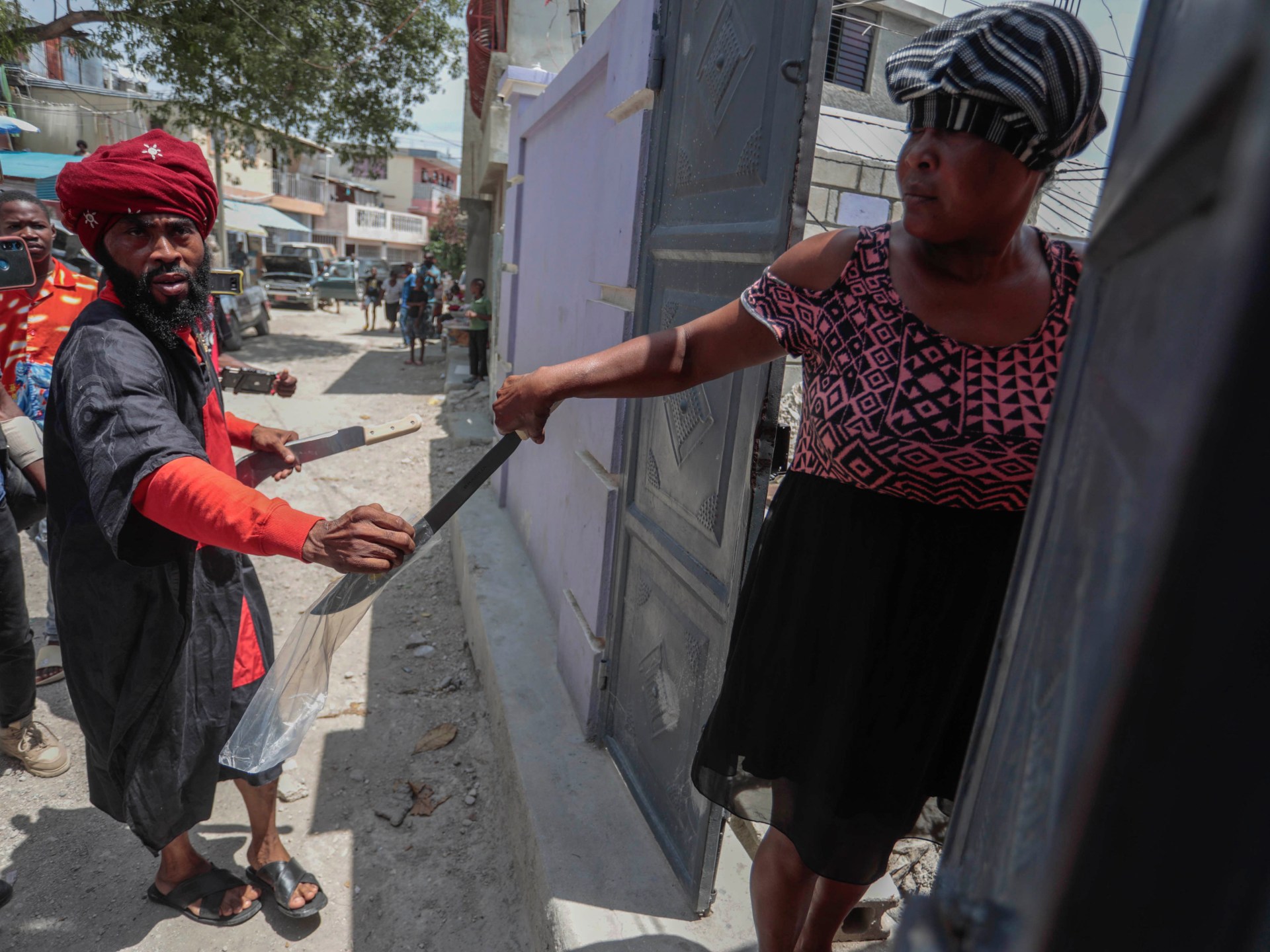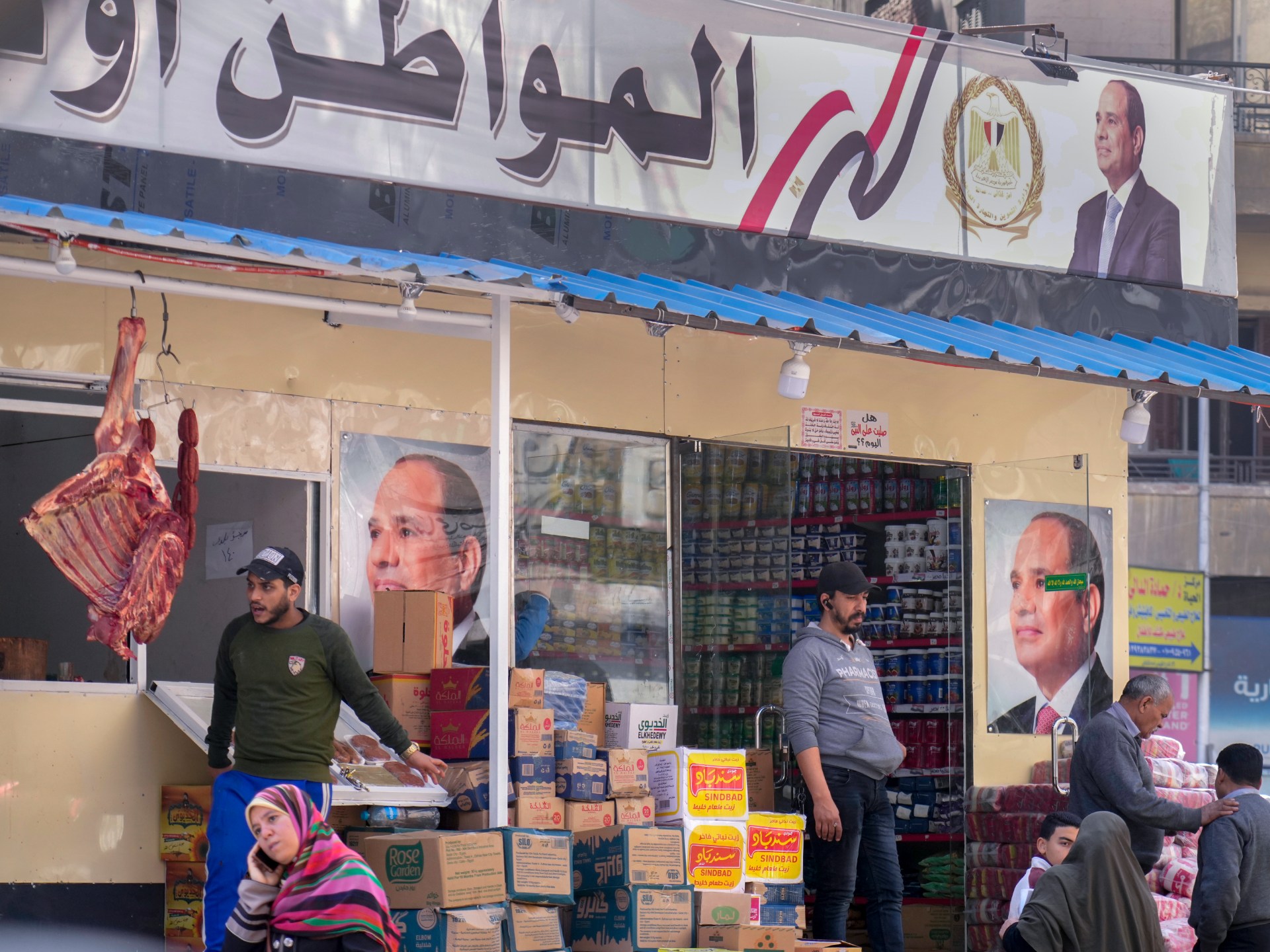
Canada’s foreign minister says a ‘Joint Security Coordination Cell’ will seek an enhanced international response to the crisis.
Canadian Foreign Minister Melanie Jolie has announced that the country will launch a “Joint Security Coordination Cell” this summer to respond to the ongoing crisis in Haiti.
In an announcement during a ministerial meeting on Thursday, Jolie said Canada will lead the efforts of Haiti’s neighbor, the Dominican Republic.
This cell will enhance international efforts in security assistance, working closely with the Haitian National Police and the United Nations to build a sustainable environment for long-term peace and security in Haiti,” Jolie said in a subsequent tweet.
The foreign minister did not specify why Canada would operate partially out of the Dominican Republic, which has deported thousands of Haitians fleeing the crisis. He said a team will also work from Haiti’s capital, Port-au-Prince.
Additionally, Jolie explained that Canada will coordinate international aid, including funding, equipment and technical assistance for Haiti’s embattled police. The country will donate another $13 million to UN security and anti-corruption projects.
“The situation on the ground is very fragile and the needs are immense – they are beyond the ability of Canada or any other country to deal with them alone,” Jolie said, emphasizing the need for urgent, well-coordinated assistance.
For Canada’s support to Haiti to be effective, it must be well-coordinated and integrated. The Haitian people deserve no less.
That’s why we held a ministerial meeting in Haiti and announced the Canadian-led Joint Security Coordination Cell.
🧵⬇️ pic.twitter.com/4rVJnpwjja— Melanie Jolie (@melaniejolie) June 15, 2023
Haiti has struggled with a series of complex crises in recent years, exacerbated by natural disasters and the 2021 assassination of President Jovenel Moise. With gangs controlling large parts of the nation’s capital, the humanitarian community has struggled to respond to a public health emergency and a dire economic situation.
In response, Acting President Ariel Henry’s government in October requested an international force to intervene and help its police force.
Meanwhile, the United States has pressed Ottawa to take the lead in the international response, but countries have been wary of sending troops, rejecting the possibility of some foreign intervention in Haiti.
For his part, Henry maintains that security must be established to hold credible elections. Since January, no democratically elected official has held power in Haiti’s federal government; Meanwhile, Henry was recruited by Moyes shortly before his assassination.
During talks with representatives of Haitian civil society this week, Henry said he would look to broaden the composition of the country’s Transition Council to make the government more inclusive.
Jolie on Thursday announced the ban against Gracia Delva – a famous Compass musician and former Haitian senator – and former deputy Profane Victor.
Victor has been accused of supporting a gang in the Artibonite region, which he politically represented, but he denies the charges. Jolie did not give specific reasons for the new sentences, but they bring to 21 the number of Haitian political and business leaders sanctioned.
The latest bans could essentially “restrict any assets these individuals hold in Canada and their entry into Canada,” Jolie said in a tweet.




